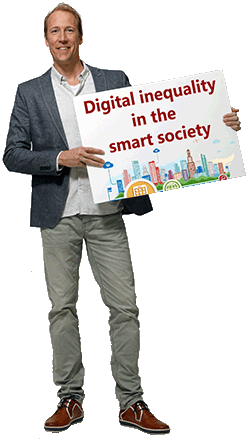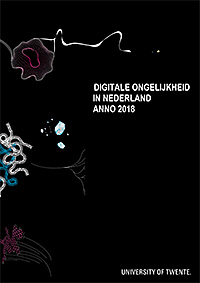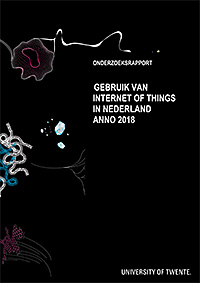Citation:
Van Laar, E., van Deursen, A.J.A.M., van Dijk, J.A.G.M. & de Haan, J. (2017). The relation between 21st-century skills and digital skills or literacy: A systematic literature review. Computers in Human Behavior, 72, 577-588.
Abstract:
Innovation starts with people, making the human capital within the workforce decisive. In a fastchanging knowledge economy, 21st-century digital skills drive organizations' competitiveness and innovation capacity. Although such skills are seen as crucial, the digital aspect integrated with 21stcentury skills is not yet sufficiently defined. The main objectives of this study were to (1) examine the relation between 21st-century skills and digital skills; and (2) provide a framework of 21st-century digital skills with conceptual dimensions and key operational components aimed at the knowledge worker. A systematic literature review was conducted to synthesize the relevant academic literature concerned with 21st-century digital skills. In total, 1592 different articles were screened from which 75 articles met the predefined inclusion criteria. The results show that 21st-century skills are broader than digital skills e the list of mentioned skills is far more extensive. In addition, in contrast to digital skills, 21st-century skills are not necessarily underpinned by ICT. Furthermore, we identified seven core skills: technical, information management, communication, collaboration, creativity, critical thinking and problem solving. Five contextual skills were also identified: ethical awareness, cultural awareness, flexibility, selfdirection and lifelong learning.






